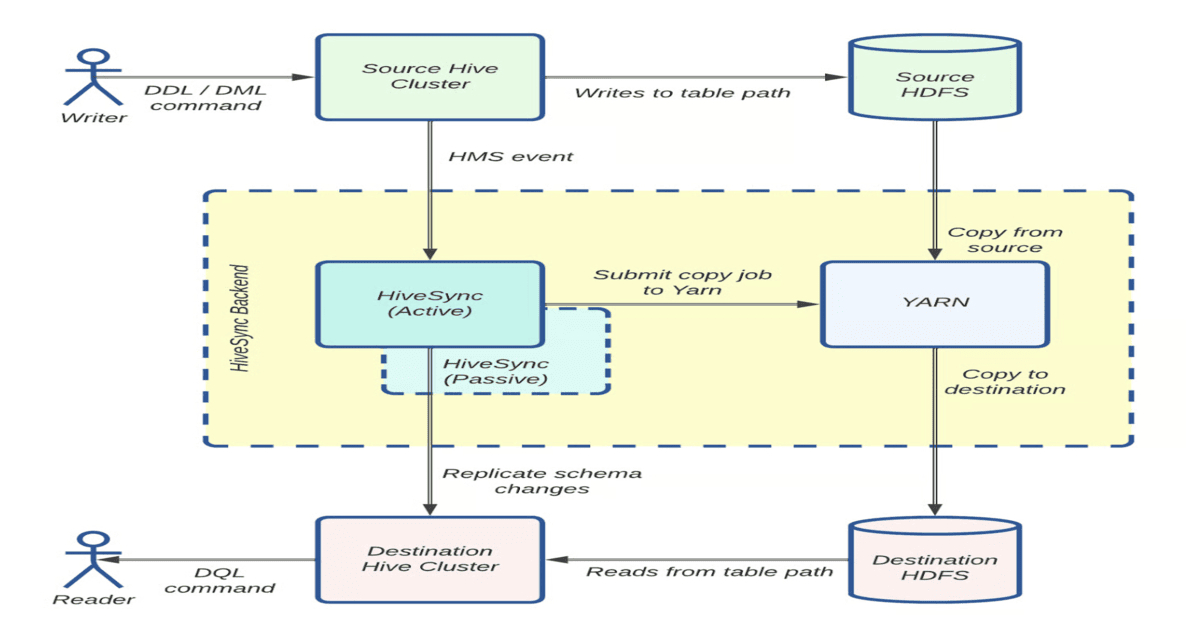Codetown
Codetown ::: a software developer's community
OrlandoJUG ::: JPA 2.1 Entity Graphs in Spring Data with Richard
Event Details
Time: January 23, 2020 from 6pm to 8pm
Location: Starter Studio
Street: 101 S Garland Room 108
City/Town: Orlando
Website or Map: http://StarterStudio.org
Phone: 3212529322
Event Type: meetup
Organized By: Michael Levin
Latest Activity: Sep 21, 2019
Event Description
Join us for a talk featuring Richard Thibault
Richard Thibault is a full-stack web and mobile developer with over 25 years of experience in the software industry. He is currently focused on Java and Spring, though he also develops in Objective C, Swift, and Javascript. He has built apps for various industries over the years, including banking, travel, and real estate. In his current postion as Principal Software Engineer for National Regulatory Services (NRS), he designs and builds compliance and e-learning applications for the financial services industry. In his spare time, he likes to play guitar and travel.
JPA 2.1 Entity Graphs
Spring Data JPA makes querying easy, but the typical use case is to use lazy loading on child records, which can result in performance issues, such as the dreaded "N+1 selects" problem. JPA 2.1 introduced Entity Graphs, allowing you to explicilty state which entities get loaded at runtime, resulting in highly performant query joins. We’ll take a look at how to implement Entity Graphs in the context of a Spring Boot application.
Let me know if you’ll help out by sponsoring pizza. Thanks, Mike Levin
@mikelevin
Notes
Welcome to Codetown!
 Codetown is a social network. It's got blogs, forums, groups, personal pages and more! You might think of Codetown as a funky camper van with lots of compartments for your stuff and a great multimedia system, too! Best of all, Codetown has room for all of your friends.
Codetown is a social network. It's got blogs, forums, groups, personal pages and more! You might think of Codetown as a funky camper van with lots of compartments for your stuff and a great multimedia system, too! Best of all, Codetown has room for all of your friends.
Created by Michael Levin Dec 18, 2008 at 6:56pm. Last updated by Michael Levin May 4, 2018.
Looking for Jobs or Staff?
Check out the Codetown Jobs group.
InfoQ Reading List
Google Cloud Brings Full OpenTelemetry Support to Cloud Monitoring Metrics

Google Cloud recently unveiled broad support for the OpenTelemetry Protocol (OTLP) in Cloud Monitoring, marking a step toward unifying telemetry collection across its observability stack.
By Craig RisiAWS Launches Agent Plugins to Automate Cloud Deployment

AWS launched Agent Plugins for AWS, providing AI coding agents with specialized deployment skills. The initial deploy-on-aws plugin transforms workflows by accepting commands like "deploy to AWS" and generating complete pipelines with architecture recommendations, cost estimates, and infrastructure code. Supported in Claude Code and Cursor, AWS claims 10-minute deployments versus hours manually.
By Steef-Jan WiggersGoogle Enhances Node Pool Auto-Creation Speed for GKE Clusters

Google Cloud has optimised GKE's node pool auto-creation, significantly cutting "Time to Ready" for massive clusters. By improving control plane communication and request batching, GKE now provisions resources faster, rivalling tools like Karpenter. The update enhances scaling reliability and stability for high-volume AI and batch workloads, automatically rolling out across supported versions.
By Mark SilvesterGitHub's Points to a More Global, AI-Challenged Open Source Ecosystem in 2026

GitHub has released its yearly look at open-source trends. They used data from the Octoverse 2025 report to help the open-source community get ready for the coming year. The picture that emerges is one of extraordinary scale and the structural strains that come with it.
By Claudio MasoloHybrid Cloud Data at Uber: How Engineers Solved Extreme-Scale Replication Challenges

Uber’s HiveSync team optimized Hadoop Distcp to handle multi-petabyte replication across hybrid cloud and on-premise data lakes. Enhancements include task parallelization, Uber jobs for small transfers, and improved observability, enabling 5x replication capacity and seamless on-premise-to-cloud migration.
By Leela Kumili
© 2026 Created by Michael Levin.
Powered by
![]()
RSVP for OrlandoJUG ::: JPA 2.1 Entity Graphs in Spring Data with Richard to add comments!
Join Codetown